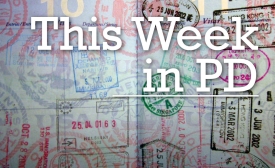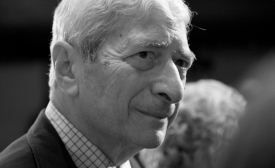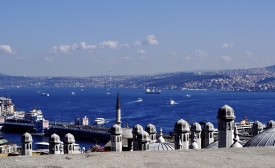russia
Russian ideologists specialising on Belarus have launched an aggressive campaign in the Russian media in an attempt to influence public opinion in Russia regarding ongoing processes in Belarus. While doing so, they have attempted to use the same mechanisms and ideological myths about Belarusians, which were used to mobilize pro-Kremlin patriotic electorate during the antic-Kyiv propaganda campaign.

It was all about nation branding in this week’s PD News roundup.
NATO may combat Kremlin “weaponisation of information” used to support action such as the 2014 seizure of Crimea by creating a new more powerful communications section and declassifying more sensitive material, according to draft plans. Both NATO and the European Union are concerned by Russia’s ability to use television and the Internet to project what they say is deliberate disinformation. The EU set up a special unit last year to counter what it considers overt propaganda.
The Kremlin is attempting to use soft power, i.e. public diplomacy and pro-Kremlin NGOs to strengthen pro-Russian moods in the Belarusian society. In addition, amid redistribution of languishing Russian state budget, Russian ideologists have stepped up their media efforts to promote their propaganda activity in Belarus.


PD experts forecast what's on the horizon.

What does Turkey want?
Two friends start climbing the world’s peaks, higher and higher. During the process, they discover the mountains inside them. [...] The two men are the creators of Adventure Diplomacy, a project that wants to combine networking with mountain climbing.







